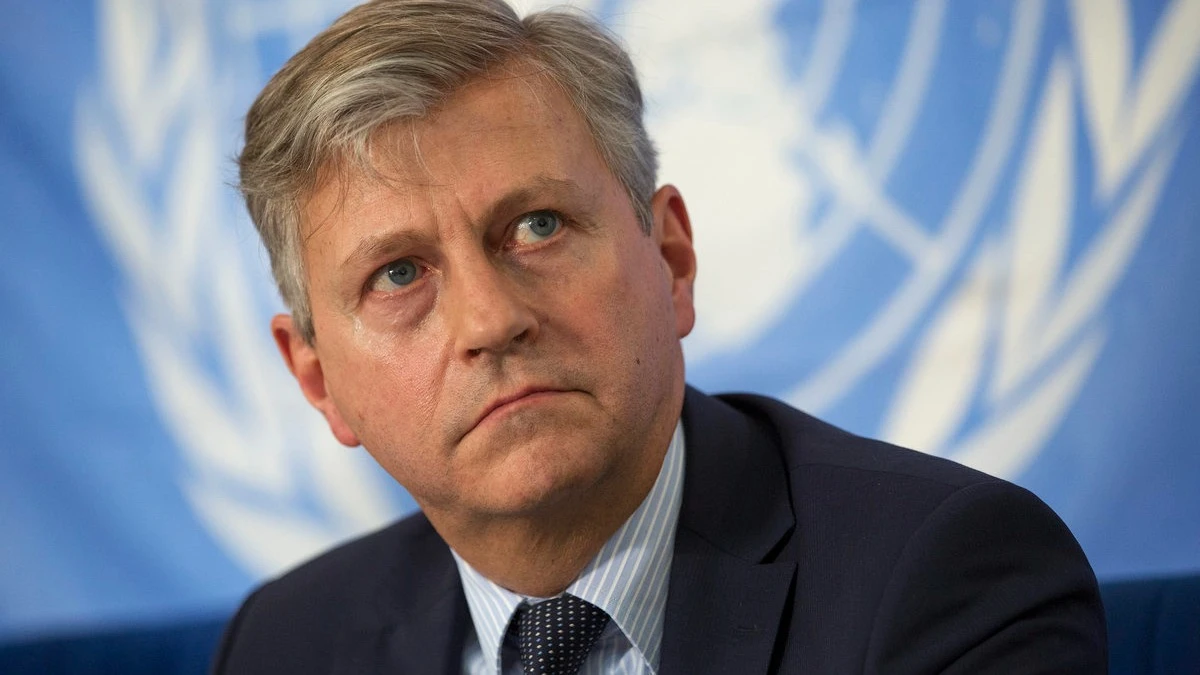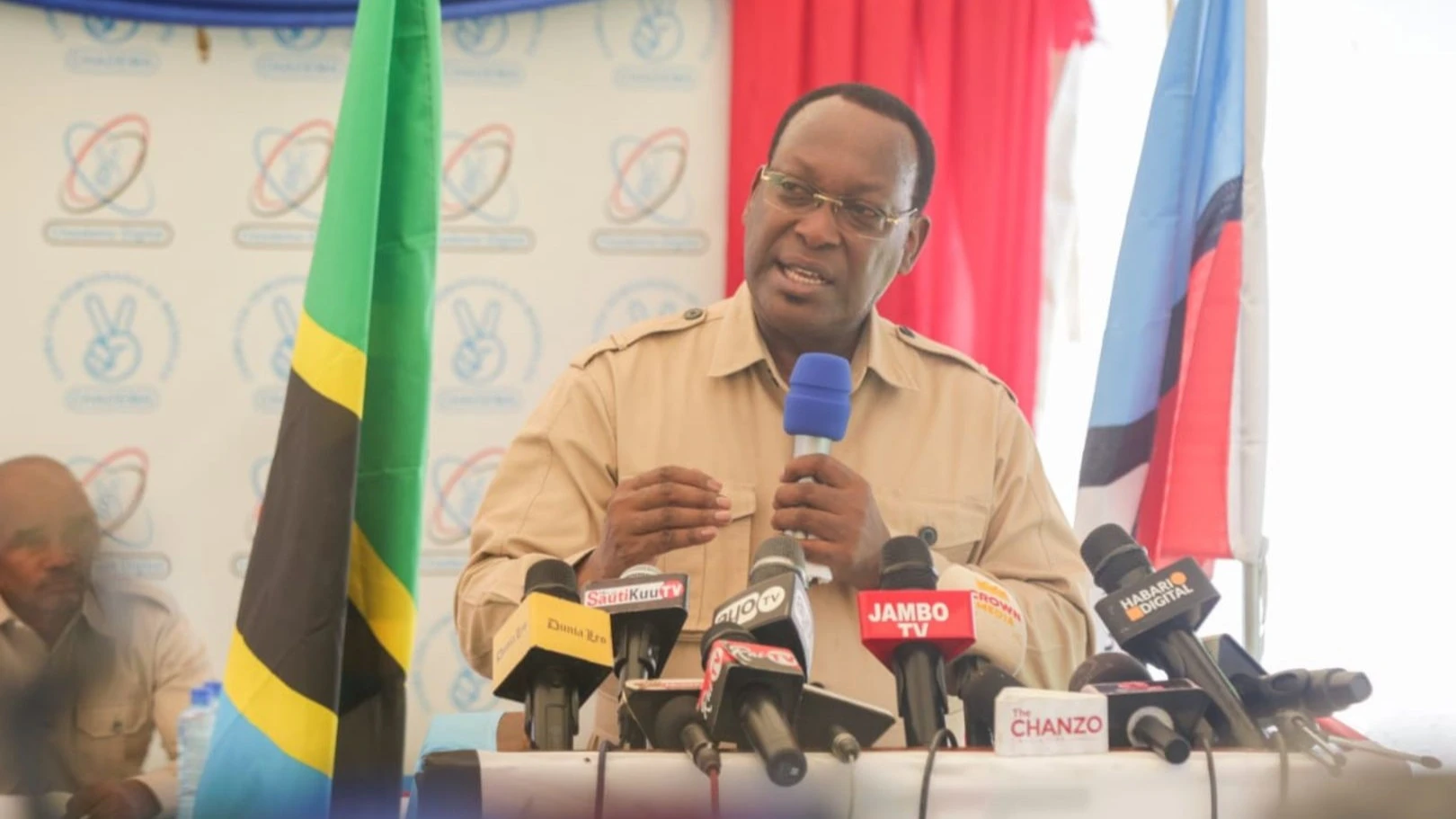UN peacekeeping chief discusses progress in CAR amid challenges

On the second day of his visit to the Central African Republic (CAR), Jean-Pierre Lacroix, the United Nations peacekeeping chief, met with the country’s Prime Minister, Felix Moloua, to discuss the current situation and key steps for advancing peace and stability in the region.
The humanitarian and security situation in CAR has worsened since March, with escalating clashes between armed groups exacerbating the country’s instability.
Despite the challenges, significant progress has been made in certain areas, particularly in the redeployment of state institutions and stabilization efforts.
During the meeting, Lacroix highlighted several key advancements. These included the government’s efforts to re-establish its presence in conflict zones, which has contributed to greater stability in several regions.
He also acknowledged the successful disarmament of some armed groups, with a number of fighters having withdrawn from the conflict and reintegrated into civilian life.
“We took stock of a number of important advances, notably the redeployment of the state’s presence and successful stabilization efforts in various parts of the country,” Lacroix said. “Additionally, progress has been made in disarming armed groups, and it’s encouraging to see that some factions have not only ceased their involvement in armed conflict but have also reintegrated into peaceful, civilian life.”
A major topic of discussion between Lacroix and Moloua was the upcoming national elections, scheduled for next year. Lacroix stressed the importance of ensuring a smooth and secure electoral process, which he described as critical for the country’s long-term peace and democratic consolidation. The UN, through its peacekeeping mission MINUSCA (United Nations Multidimensional Integrated Stabilization Mission in the Central African Republic), has been actively supporting preparations for the elections, working closely with international partners to ensure that the voting process is both free and secure.
The meeting also focused on strengthening efforts to protect civilians amid ongoing violence. Both Lacroix and Moloua underscored the need to uphold international humanitarian law and protect vulnerable populations who continue to bear the brunt of the conflict.
“We must continue our efforts to safeguard civilians, particularly women, children, and displaced populations, who are the most vulnerable,” Lacroix added. “The international community’s commitment to humanitarian law must remain steadfast as we work towards a sustainable peace.”
Lacroix’s visit comes at a critical time for CAR, as the country grapples with not only the legacy of years of armed conflict but also the ongoing challenges of governance and law enforcement. However, the UN peacekeeping chief’s statements reflect cautious optimism, highlighting the tangible progress that has been made despite the volatile security environment.
The Central African Republic remains one of the most challenging peacekeeping environments in the world, but efforts from the UN, along with local and international stakeholders, are slowly beginning to bear fruit as the country moves forward on its path toward recovery and long-term peace.
Top Headlines
© 2024 IPPMEDIA.COM. ALL RIGHTS RESERVED






















